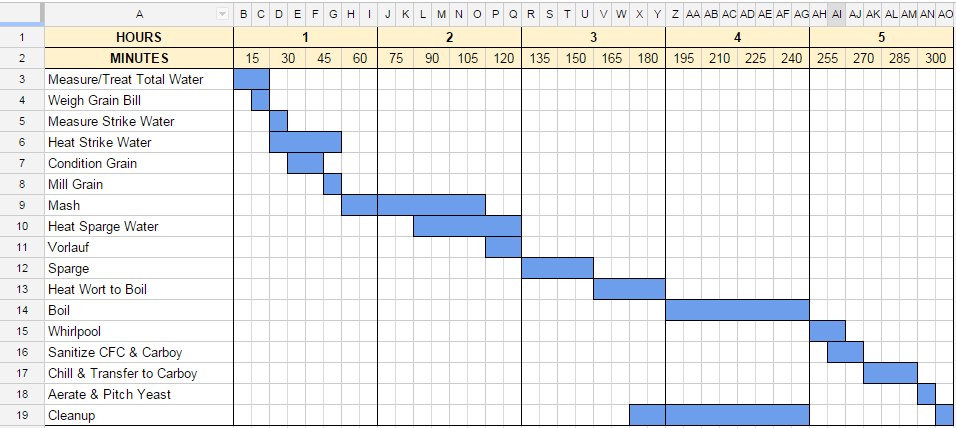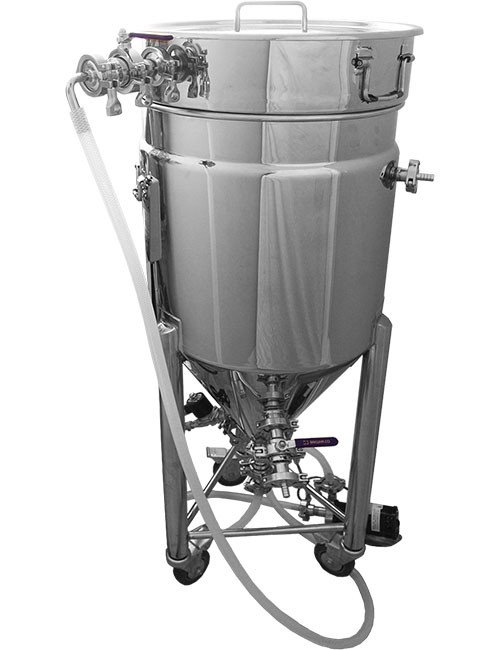CGVT
Senior Member
Definitely have a plan. My biggest problem with no help is lifting and pouring large pots of hot water and then pouring the wort into the bucket/carboy/fermonster by myself without spilling. No one to hold the fermenter and/or the funnel while pouring.
Get a pump. Even if you don't have valves on your kettles, you can jury rig ways to make you life much easier.
By putting a length of copper on the ends you can clamp the hoses to the kettle. You can transfer liquids this way, whirlpool and fill fermenters.
A pump, some hose, a couple of pieces of copper tubing and a couple of cheap clamps can save a lot of grunt work





